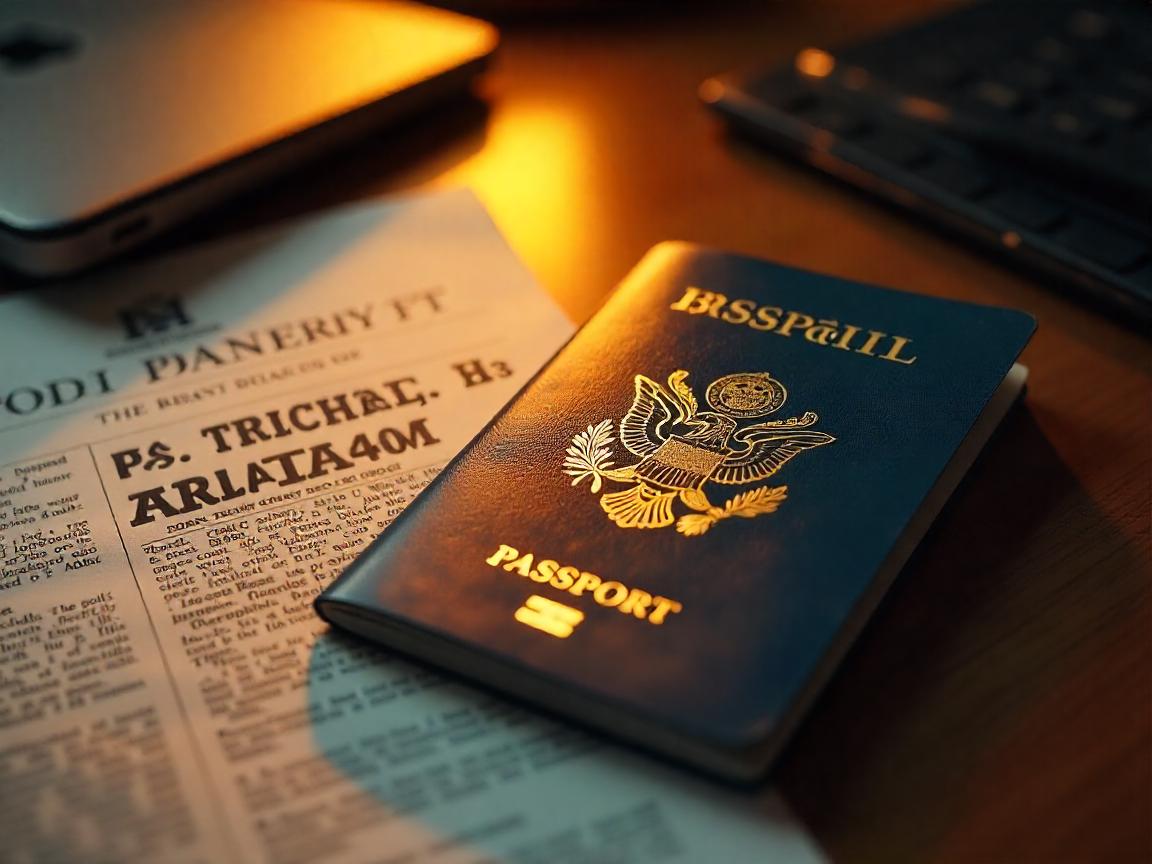The United States has imposed visa restrictions on Brazilian judicial officials due to their involvement in censorship and threats to free expression. This move follows actions by Supreme Federal Court Justice Alexandre de Moraes that have raised international concerns.
Brazil Faces US Visa Restrictions Amid Rising Concerns Over Censorship and Threats to Free Expression

Key Takeaways:
- The U.S. has imposed visa restrictions on Brazilian judicial officials.
- Concerns over censorship and threats to free expression prompted the action.
- Justice Alexandre de Moraes’s political actions are under scrutiny.
- Restrictions are based on Section 212(a)(3)(C) of the Immigration and Nationality Act.
U.S. Imposes Visa Restrictions on Brazilian Officials
The United States has placed visa restrictions on certain Brazilian judicial officials, citing their role in censorship and threats to free expression. This development reflects growing concerns within the U.S. government about the state of free speech in Brazil.
Concerns Over Censorship and Free Expression
According to reports from U.S. travel news outlets, the decision emerges from increasing apprehension over actions that may undermine fundamental democratic principles in Brazil. The U.S. government emphasizes the importance of free expression as a cornerstone of democratic society and views any threats to this right with serious concern.
Justice Alexandre de Moraes Under Scrutiny
At the center of the issue is Brazilian Supreme Federal Court Justice Alexandre de Moraes. His political actions have garnered international attention and are seen by some as contributing to an environment of censorship. The specific actions leading to this scrutiny have not been detailed, but they have been significant enough to prompt a response from the United States.
Legal Basis for Visa Restrictions
The visa restrictions are instituted under Section 212(a)(3)(C) of the U.S. Immigration and Nationality Act. This section allows the U.S. to deny entry to individuals whose activities could have adverse foreign policy consequences for the United States. By invoking this legislation, the U.S. asserts its stance against activities that threaten free speech abroad.
Implications for U.S.-Brazil Relations
The imposition of visa restrictions signals a potential strain in the diplomatic relationship between the United States and Brazil. It underscores the U.S. commitment to upholding democratic values and may prompt discussions on human rights and judicial conduct within Brazil. How this will affect future engagements between the two nations remains to be seen.
Looking Ahead
As the situation unfolds, the global community will be watching how Brazil addresses these concerns. The emphasis on free expression highlights its significance in international relations and the potential repercussions when it is perceived to be under threat.











